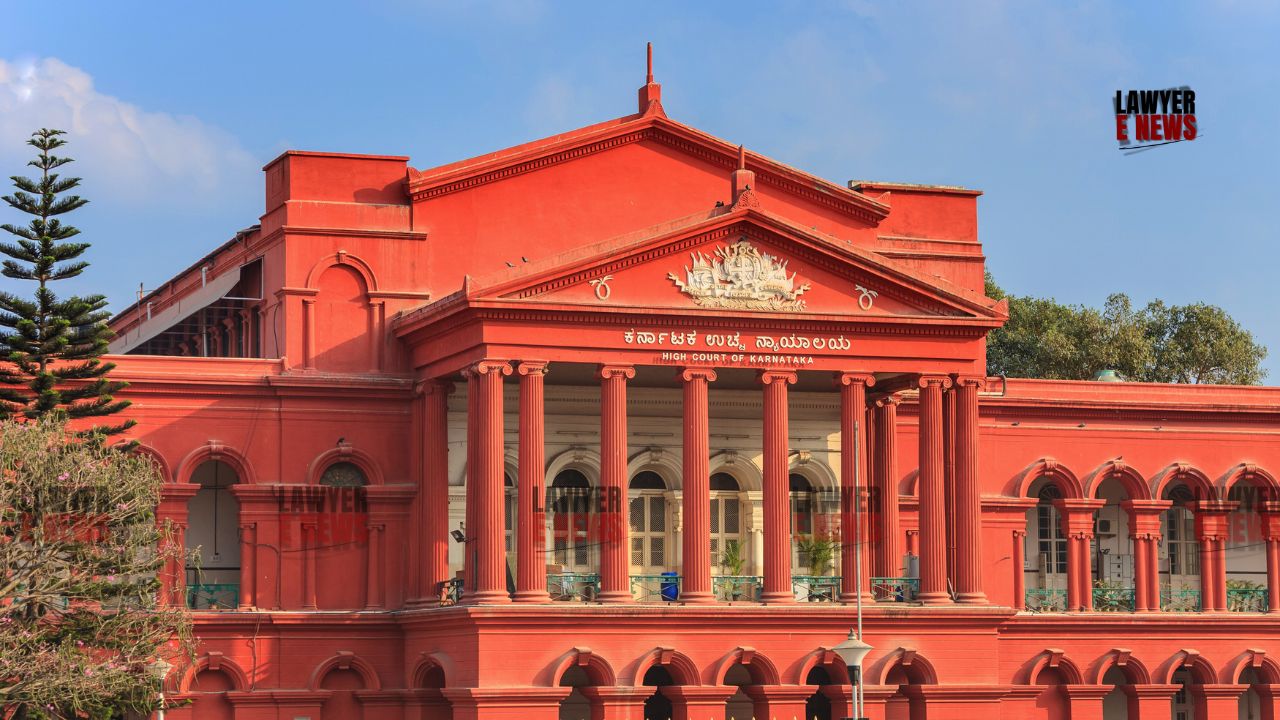-
by Admin
15 February 2026 5:35 AM



Karnataka High Court directed the release of Nagaraja, a life convict, on 90-day parole while his application for premature release awaited consideration by the state government. Justice Hemant Chandangoudar emphasized the need for timely action by the Premature Release Committee to prevent undue delays in processing such cases.
Nagaraja, convicted under Section 302 of the Indian Penal Code (IPC) and serving life imprisonment at the Central Prison, Bengaluru, petitioned for premature release under the 2020 notification issued by the Karnataka Home Department. The Advisory Committee recommended his case for release, and the Life Convicts Premature Release Committee subsequently forwarded the recommendation to the Governor of Karnataka. However, the final decision remained pending for an extended period.
Citing these delays, Nagaraja approached the High Court, requesting his release on parole until a decision was made on his application.
The Court highlighted the need for efficient decision-making in premature release cases, referring to the Supreme Court's judgment in Rashidul Jafar @ Chota v. State of Uttar Pradesh. In that case, the Apex Court directed that eligible convicts’ applications be expeditiously processed and prioritized based on age and health conditions. Justice Chandangoudar stated:
“Cases of life convicts eligible for premature release must be considered without delay. Prolonged inaction by the Premature Release Committee or administrative authorities cannot serve as a basis for continued incarceration.”
The Court further criticized the state government’s lack of urgency, noting:
“The failure of the Premature Release Committee to convene regular meetings leads to unnecessary litigation and administrative inefficiencies, denying convicts their legitimate rights under the applicable policies.”
The Court invoked precedents from the Apex Court and its own earlier rulings, underscoring the principle of parole as an interim relief in cases of administrative delay. Justice Chandangoudar directed:
“Until the Premature Release Committee convenes and decides the petitioner’s case, the petitioner is entitled to parole in accordance with the law. This ensures that convicts are not subjected to unwarranted deprivation of liberty while awaiting decisions on their applications.”
Granting the parole, the Court set the following terms:
Nagaraja will be released for 90 days, with the possibility of seeking an extension.
He must refrain from engaging in any criminal activities during the parole period.
Jail authorities will supervise his conduct and report any violations.
The Court also ordered that the parole directive be communicated immediately to the jail authorities to facilitate Nagaraja’s timely release.
This ruling reiterates the judiciary’s commitment to balancing the rights of convicts with the principles of justice and public administration. It serves as a reminder for state authorities to act promptly on applications for remission or premature release, preventing undue hardship and ensuring adherence to constitutional principles.
Date of Decision: November 21, 2024
